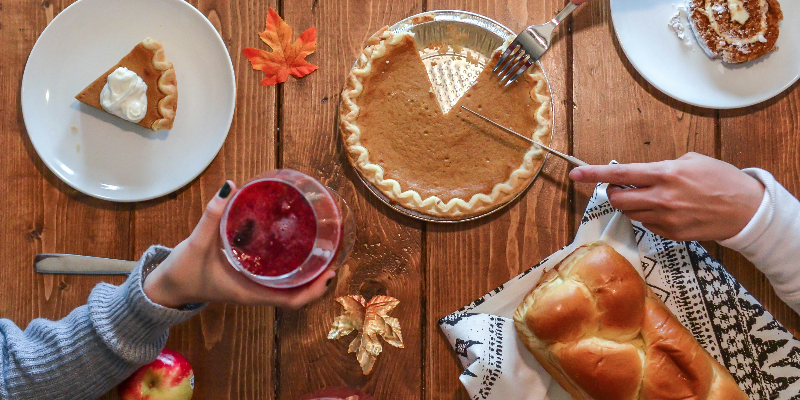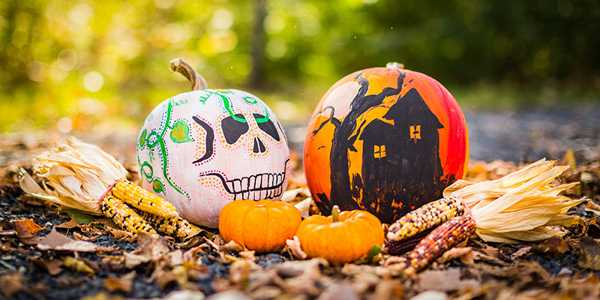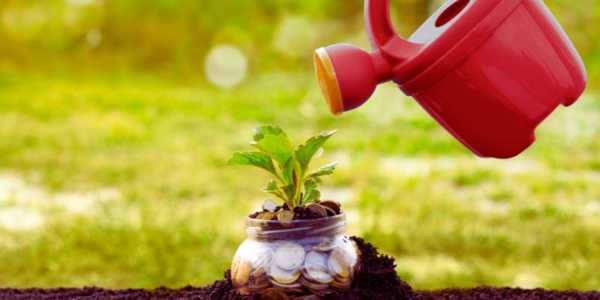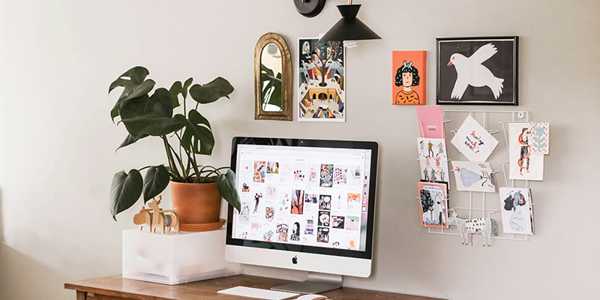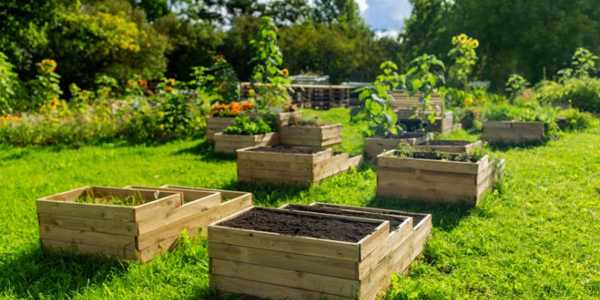7 Common Gardening Mistakes Beginners Should Avoid
Want to have a prosperous garden but can't possibly achieve the desired outcome? Gardening, as we all know, is more challenging than sowing seeds and waiting for them to germinate; even professional gardeners are not immune to it. These and other beginner gardening mistakes can make a lot of difference in whether the garden is barely hanging on or growing as it should. Let’s look at the seven most common gardening mistakes you should avoid if you want your garden to be great!
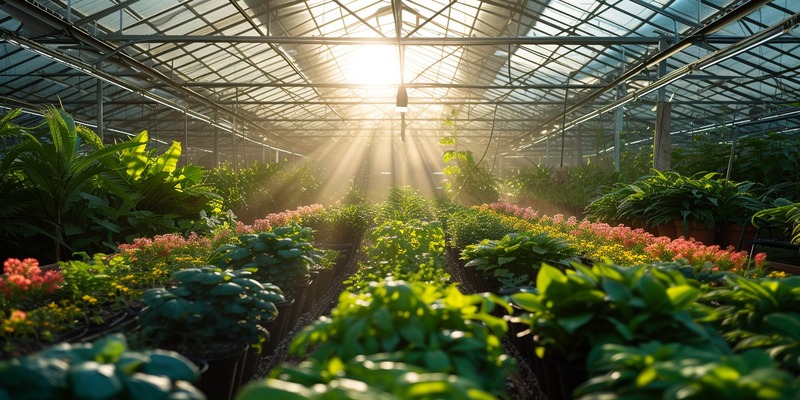
1. Overwatering And Underwatering
Watering may sound basic, but overwatering or failing to water adequately is one of the most significant errors gardeners can make. Gardens require water in moderate proportions; if they dry out, they die, and if they receive too much water, the roots rot. Rather than watering at the stipulated time, wait until the soil is dry before watering the plants. To know whether you need to water plants, stick your finger an inch or two into the ground. If it is dry, water it. Consider a moisture meter for more accuracy, especially where some plants require particular amounts of water.
2. Ignoring Soil Quality
When beginning to farm, you want to ensure the soil you are using is of good quality because how can you expect good results from harmful ingredients? Nutrient-deficient soil, or compacted soil, may affect plants by trapping the growth of plants, hence making it compulsory to improve the soil quality. Test your soil before planting to know its PH and nutrient value. Work compost or organic matter into it to improve it, and consider using much around plants to conserve moisture and suppress weeds.
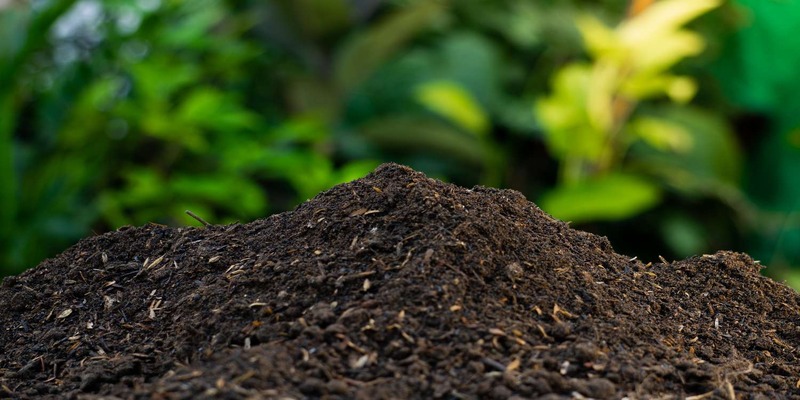
3. Planting At The Wrong Time
There is a right and wrong time to plant, and choosing the wrong time can severely hinder growth or, in the worst cases, kill the plant before it can even begin to grow. Every perennial plant has an optimum planting period for temperature and the amount of light required. Find out when each of the species can be planted. For instance, some vegetables and flowers may be productive in spring and the remaining half in the fall. Use the gardening calendar for your area to tell the best time to plant.
4. Overcrowding Plants
One would like to pack as many plants as possible in the area you have provided for your garden, but this leads to squabbling for space, sunlight, water, and nutrients. Plants require space to grow their roots and provide proper ventilation to prevent diseases from developing between spaces. Stick to the spacing recommended by your gardening guide for each type or variety of plant. Some plants require more space than others. For instance, tomato plants require plenty of space rather than the space needed by radish plants. Allow each plant adequate space and understand that full-grown plants need more space than seedlings.
5. Failing To Meet Sunlight Needs
Generally, different kinds of plants require different amounts of sunlight to produce correctly. Shading or sunny demanding plants will cause the plants to develop small stunted foliage, discoloured and often dead. The sun pattern in your garden changes with time in the day; take your time to study it. Flowering and vegetable plants require full sun (6-8 hrs) while shade plants require between 2-4hrs. Right from the pharmacies, group plants according to the type of sunlight they need to perform well.
6. Neglecting Pest Control
Some pests can cause considerable losses to plants in a relatively short time. The following are just a few common pests that negatively affect gardens: Inspect plants for pest activity by looking for holes in the leaves or discolouration in the foliage. Perennial natural food such as ladybugs or organic insecticides can be used to control pests. They also can prevent pest problems by planting pest-resistant species or keeping the garden free of foods that attract pests.
7. Neglecting The Garden Sprucing
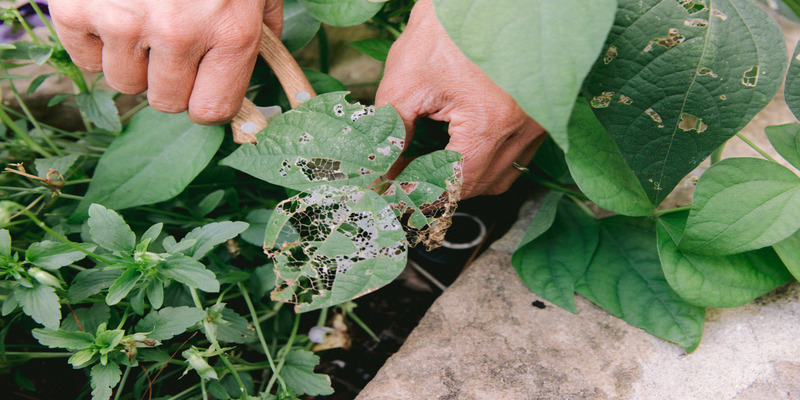
It is one thing to begin a garden, but keeping up with it for ongoing growth is critical. If not taken care of, plants often grow out of control, nutrients dry up, and weeds overgrown. The garden should receive manual weeding, pruning, and manure application annually. Dead flowers should be removed, excessive branches pruned, and disease symptoms checked. Plant maintenance is healthy, and this makes gardening more efficient and lovely.
Assuming The Responsibility – Developing A Healthier, More Thriving Garden
Unintentional gardening mistakes are easy, but knowing the following will guide you towards correct gardening. Knowing your plant's needs and watching closely how your soil, sun, and water behave will allow your garden to grow how it needs to. Thus, take your equipment, get into the garden, and cultivate the space you can feel proud of!
